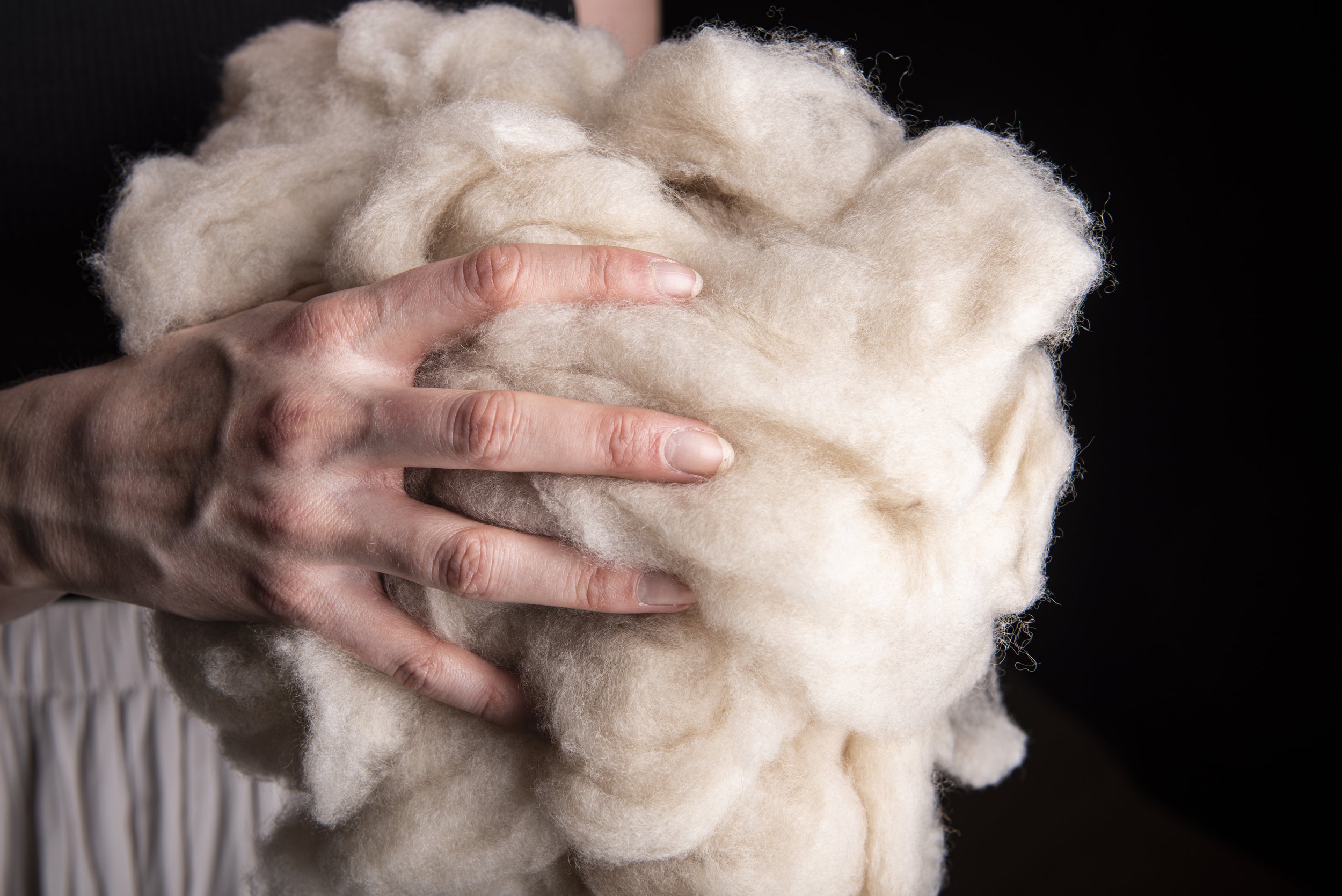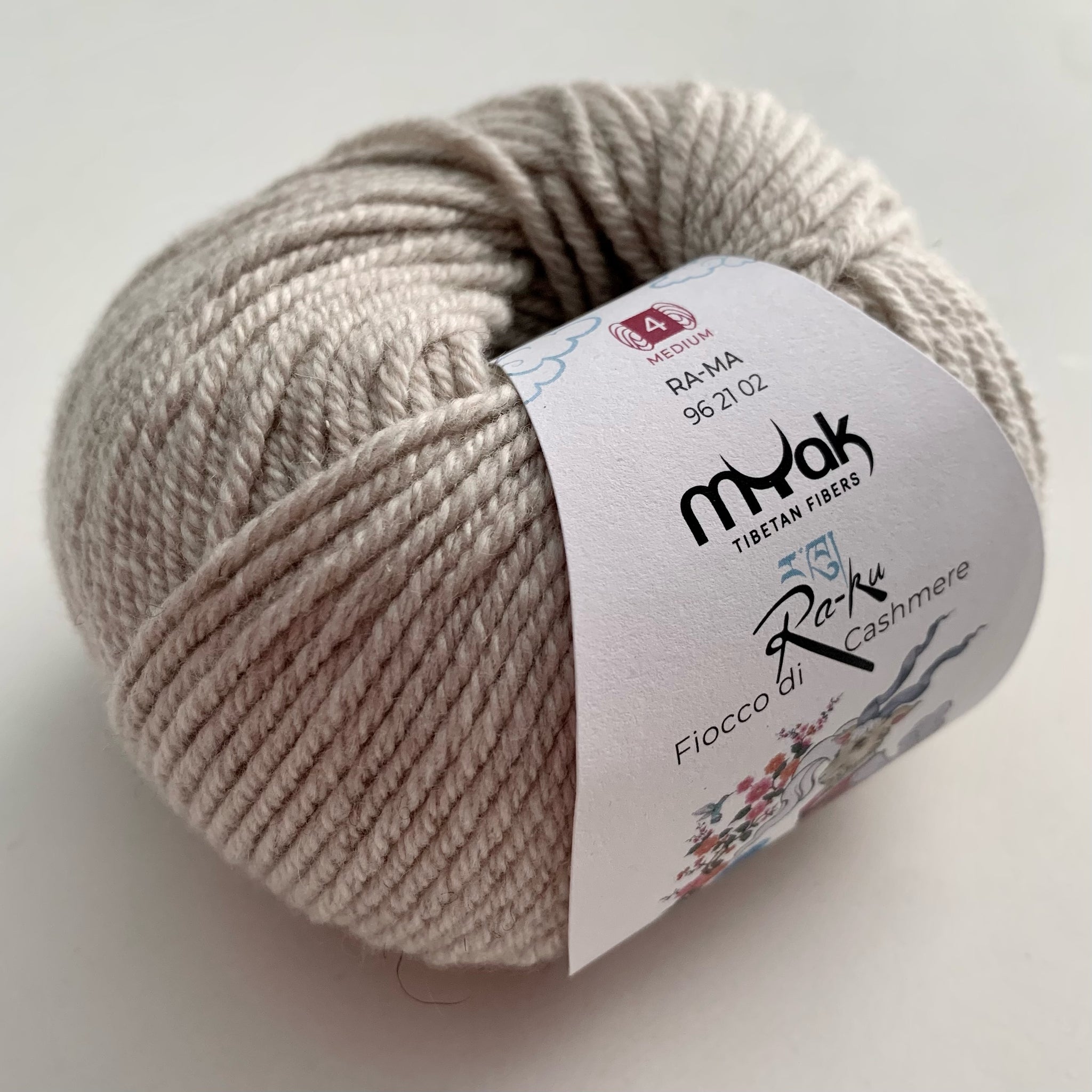What Material Is Cashmere? Understanding Its Unique Characteristics and Uses
Recognizing the Various Kinds of Cashmere an All-natural Fiber and Their Unique Advantages

The Beginnings of Cashmere: A Historic Overview
While the glamorous touch of cashmere proceeds to beauty modern consumers, its origins map back to the rough, chilly climates of Mongolia and the Mountain ranges. For centuries, the aboriginal peoples of these regions have been raising Capra Hircus goats, the prime source of cashmere woollen. These goats, resistant versus the serious winters, grew a fine undercoat to make it through, which later on ended up being called cashmere. The name itself admires Kashmir, an area in India where the wool was initially processed. Much of the early cashmere trade route was promoted by the Silk Roadway, connecting Asia with the Middle East and Europe. Regardless of its international spread, the finest cashmere is still believed to originate from the original areas of Mongolia and the Mountain Ranges.

The Manufacturing Refine: From Goat to Garment
Shearing a Capra Hircus goat marks the beginning of the intricate cashmere manufacturing procedure. This fragile procedure typically takes place yearly during spring. The fine, soft undercoat is after that divided from the coarser outer hair, a process known as dehairing. The resultant raw cashmere is then washed to eliminate pollutants such as veggie, dirt, and grease matter.
The clean fiber goes through coloring, spinning, and weaving, or knitting, to change it into a textile. Complicated procedures like high quality control checks and completing procedures follow, making sure the end product preserves the luxurious criterion expected of cashmere. This meticulous process, from goat to garment, warrants the high expense attached to cashmere products, making them an icon of high-end and improvement.
The Different Types of Cashmere: An In-depth Analysis

The Unique Benefits of Cashmere: Comfort and Sustainability
Moving from the range of cashmere kinds to the benefits they offer, comfort and sustainability stand out plainly. Cashmere, an all-natural fiber, is renowned for its unparalleled gentleness, supplying a level of convenience that artificial fibers can not match.
When it pertains to look at more info sustainability, cashmere is renewable and eco-friendly, as it's harvested from cashmere goats that regrow their layers yearly. what is cashmere. Unlike artificial fibers which can take centuries to decompose, cashmere's effect on the setting is marginal. This combination of comfort and sustainability makes cashmere a useful selection for aware consumers

Caring for Your Cashmere: Maintenance and Conservation Tips
While cashmere is definitely a luxurious and lasting option, discover here it calls for details care to keep its high quality and expand its life expectancy. To start, cashmere need to be hand washed utilizing cold water and a mild cleaning agent. Cashmere things should be kept in a amazing and dry area, away from direct sunshine and moisture.
Buying Cashmere: Understanding Its Value and Worth
Although cashmere might at first seem like an expensive investment, its lasting value and worth come to be evident when you consider its remarkable high qualities. Recognized for its exceptional gentleness and heat, cashmere is a premium all-natural fiber that outshines other products. Investing in cashmere, as a result, is not just regarding existing style fads, yet concerning welcoming a lasting, durable, and extravagant way of living.
Conclusion
In recap, the kind of cashmere one chooses, be it Mongolian, Chinese, or Italian, is determined by specific choices for heat, sustainability, luxury, and spending plan. visit this site Understanding the origins, manufacturing procedure, and one-of-a-kind benefits of various types of cashmere can assist customers in their investment in this glamorous all-natural fiber.
Whether it's the extraordinary heat of Mongolian cashmere, the affordability of Chinese cashmere, or the eco-conscious production of Italian cashmere, there's a tale to be discovered behind each fiber type. Cashmere, a natural fiber, is renowned for its unrivaled soft qualities, giving a level of comfort that artificial fibers can't match.When it comes to sustainability, cashmere is sustainable and biodegradable, as it's harvested from cashmere goats that regrow their layers annually. Understood for its unrivaled gentleness and heat, cashmere is a premium natural fiber that exceeds other materials. Recognizing the beginnings, manufacturing process, and special benefits of various kinds of cashmere can assist consumers in their investment in this luxurious natural fiber.